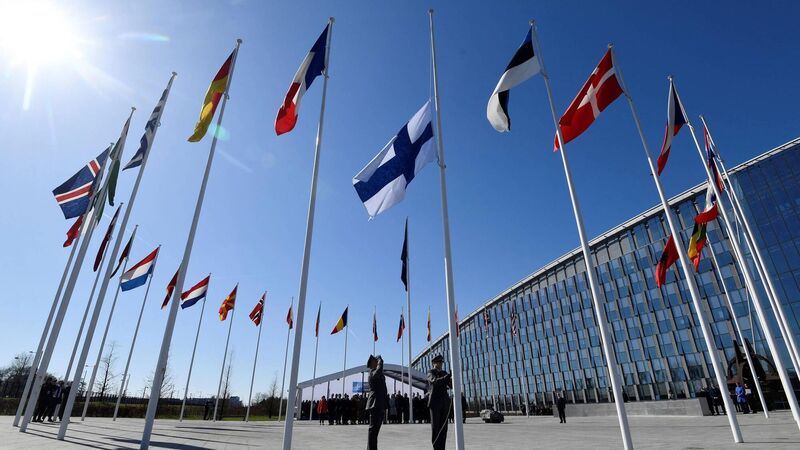Catherine Conlon: A solid economic model has equity and wellbeing — not profit — at its core

Finland was named the happiest country in the world for the sixth consecutive year. Picture: John Thys/AFP via Getty Images
Covid-19, war, climate disasters, a cost-of-living crisis, lack of housing, and inadequate access to healthcare.
If there was a single word to sum up 2022, it would probably be 'permacrisis'.
















